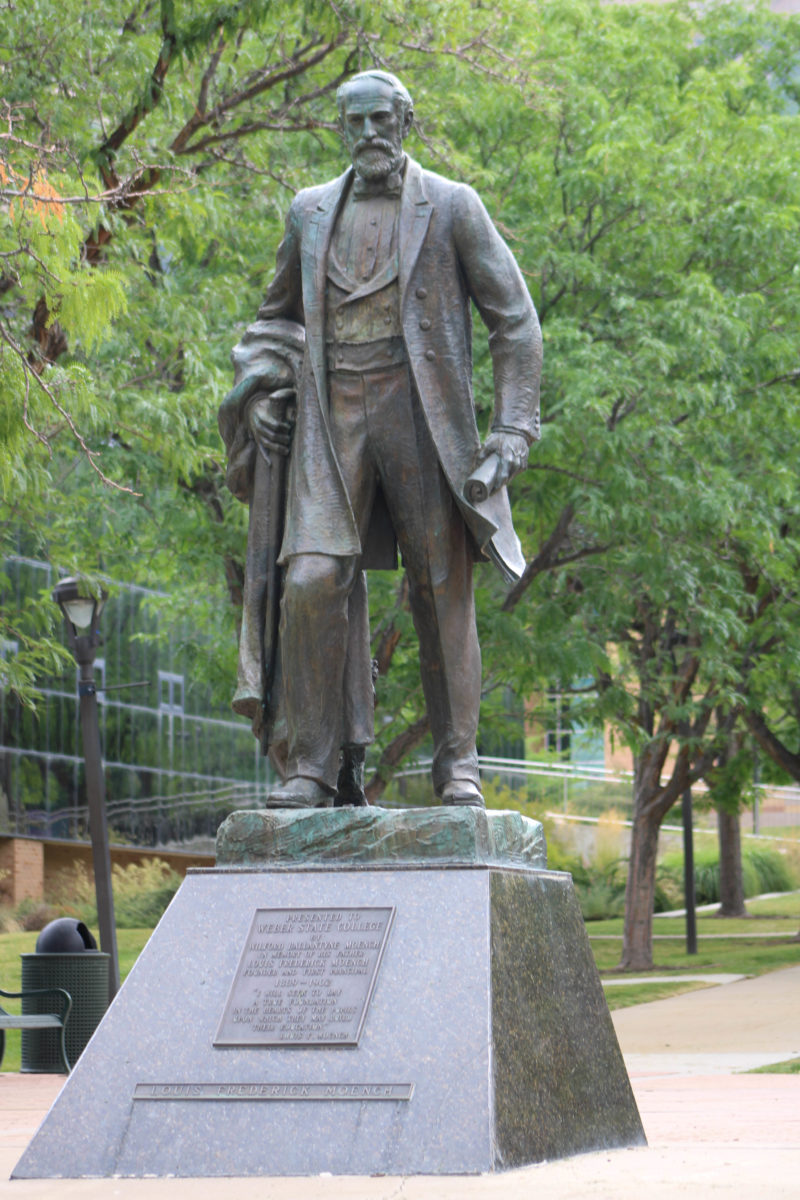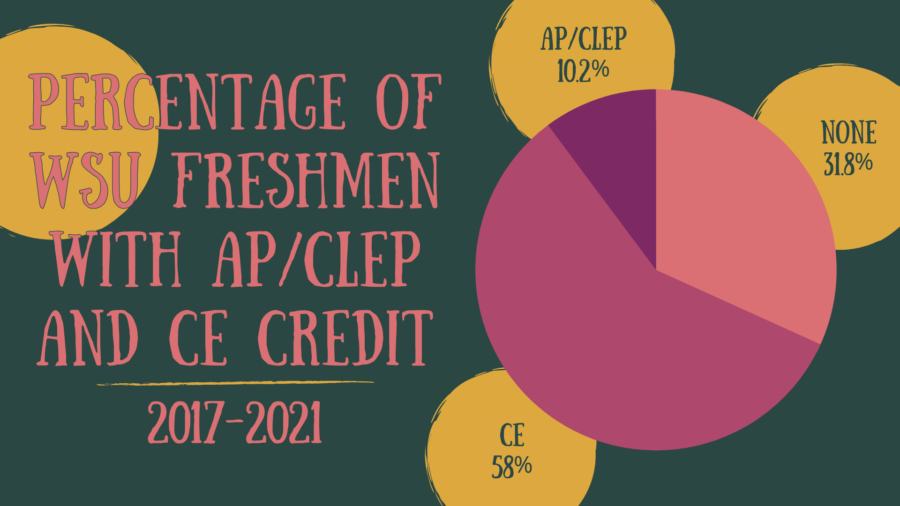My sister Senecca and I had one of our usual discussions earlier this week concerning societal views of people with disabilities. As someone who has a physical disability, people often approach her in seemingly bothersome ways, and I share in her annoyance.

We found ourselves on the subject after seeing a Facebook post from one of her fellow members of the Little People of America, a nonprofit organization for those with dwarfism. This mutual friend of ours criticized people with dwarfism who think their disability elevates them in some way.
Senecca agreed that some do consider themselves an inspiration and act accordingly. But our conversation soon turned to the inverse: where people with disabilities are seen as limited to it.
We made some points about where this is seen. First, people with disabilities are often praised for performing simple acts, as if going outside their home is an achievement in itself.
Senecca tells me stories about going to the grocery store, where shoppers will occasionally interrupt her with a pat on the head and praises for being out-and-about. All this does is connote the appallingly-low expectations society has for people with disabilities, and if there’s a desire to talk to someone who happens to have a disability, I would suggest talking about something other than the disability.
Second, the general theme of “overcoming” a disability — an idea people might take to when someone like my sister customizes their car so they can drive — is problematic. “But I don’t overcome my disability,” Senecca said, “I just modify things to suit my needs.”
Having a disability is simply life to most people, but the use of the word “overcoming” implies that disabilities are wrong. If anything, it’s perfectly natural for someone to adjust their circumstances to find what’s comfortable for them.
There are, however, amazing things that people with disabilities should be praised for, but they should be related to the disability. A person with no arms who learned to play the piano with her feet is incredible, but that person going to college is not.
Lastly, we considered how people with disabilities are used as motivation for those without. If we take the girl who plays the piano as an example, it’s justified to applaud her because she performed beautifully, but it’s wrong to use her as a reflection of one’s own life.
I come across this often when someone shares a video of a person with a disability doing something unconventional, adding something to the effect of “I shouldn’t complain” or “I need to be doing so much better.” As a tutor at Weber State University, Senecca said some of her tutees have commented, “If someone like her could go to college, so could I.”
This bothers me the most by far. It’s saying that one perceives people with disabilities as lesser, because if someone inferior is succeeding, there’s an immediate obligation to top that person.
People with disabilities are not — in themselves — objects of inspiration. Focusing solely on people for their disabilities deprives them of being seen as human beings, and turns them into something to pity and use for guiltless incentive.




















